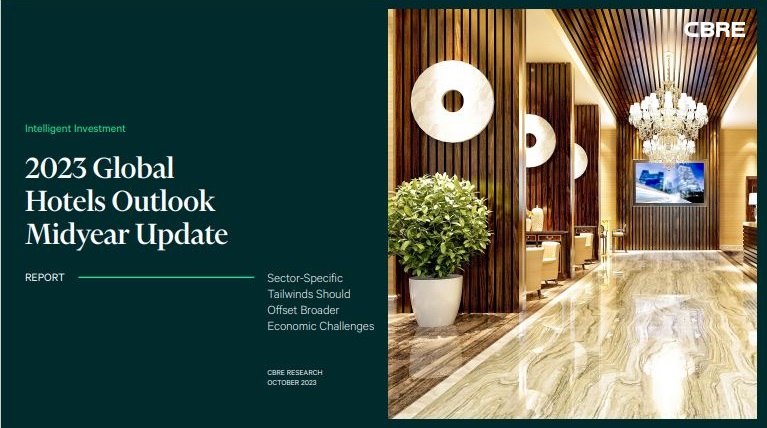It’s that time of year again as if we needed telling: most of my local shops have been playing Christmas music since October, and I spotted my first Santa before I’d finished writing Diwali invitations (mine went out a month ahead). The eager fingers of commerce certainly won’t chill my enthusiasm for what is still, for me, one of the happiest times of the year, but I do find myself wondering whether the frenzy of excess it brings can also make it a harmful time for the planet: heaps of discarded single-use trinkets, piles of unnecessary packaging, and mountains of food waste, all of it destined for landfill sites before the stores have even unlocked their doors for the January sales.
Perhaps it's time we thought about having a Green Christmas…
Starting with the tree…
Most of us wouldn’t dream of propping up chopped spruce in the corner of the sitting room at any other time of year, but at Christmas, it's a must, and when it comes to protecting our precious planet, its certainly better than the artificial variety (whatever Flipkart or Amazon might tell you otherwise). Spruce trees are usually farmed, so cutting them down won’t deplete natural forest reserves, and you’ll be supporting local economies in the process. But why stop at spruce? In India festive families often bring in a banana or mango tree instead, and decorate their homes with mango leaves rather than holly. All of it’s better, much better, than a plastic tree: mango and spruce can be mulched, chipped or recycled when the turkey goes cold, but plastic trees…well, it might not be this year or even next, but as sure as elves are elves, they’re heading for the landfill eventually.
And when it comes to decorative lighting, whether nailed to the outside of your house or strung between the lampshades, you should always go LED: they’re up to 75 percent less energy hungry than their old fashioned counterparts, and last up to 25% longer, so when you come to unwind the coils of flex next year, assuming they’re working at all, they’re more likely to work if they’re LED. And that’s better for the planet too…
Then, there’s the food…how could we forget the food? According to the Independent four million Christmas dinners go to waste every year in the UK (which means yet more trips to the landfill, even if you ignore the wasteful extravagance of dumping food at all when so many of our fellow citizens don’t have enough, or nothing, to eat). So that means careful planning, and only buying what you need…or if you want to spend more in a sprit of festive excess, why not give it to a food charity instead: charities like Akshaya Patra (www.akshayapatra.org) which has distributed 17.8 Million meals to India’s homeless and needy during the COVID crisis.
And if you’re planning on getting away this Christmas, as more and more of us are since lockdown restrictions are gradually easing, why not choose an eco friendly destination for the family?
So SHubh Krisamas to you all…let’s make it greener, and I’ll see you the New Year!






